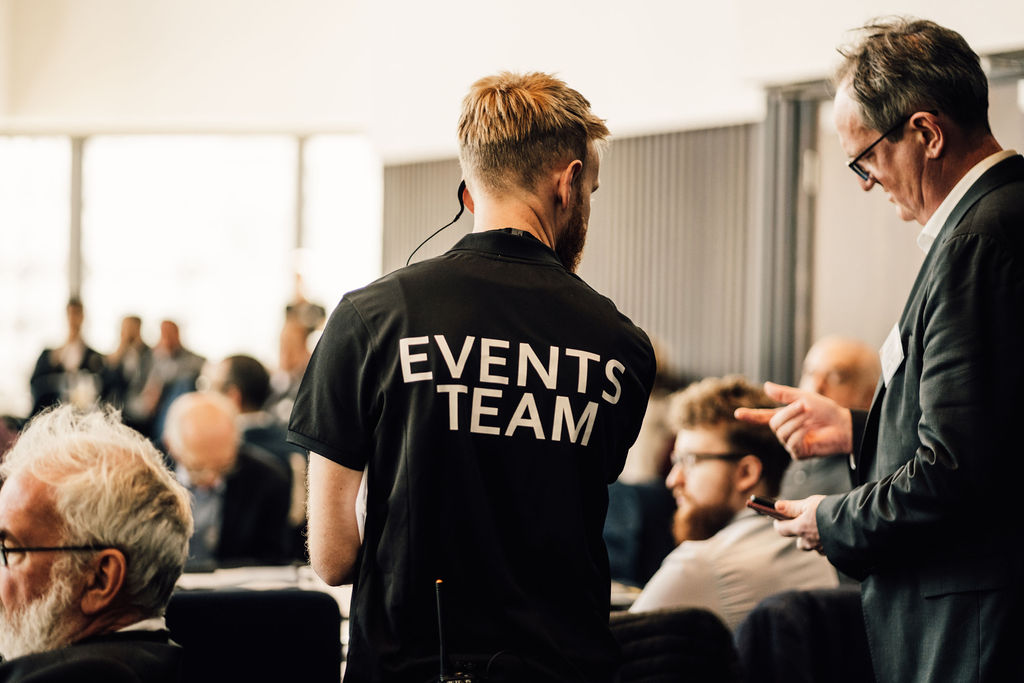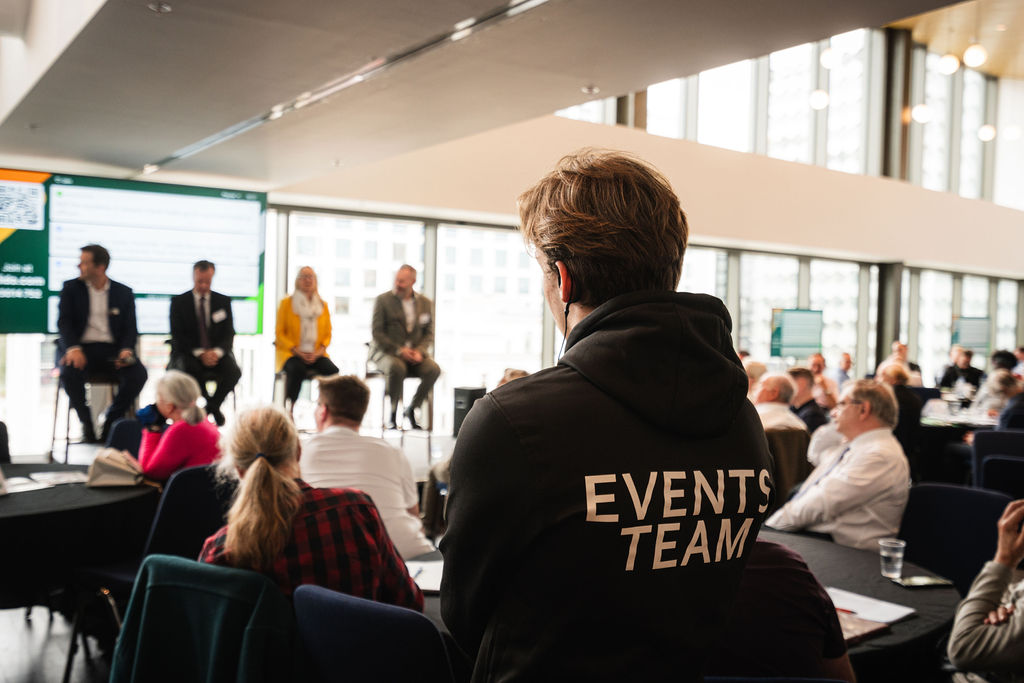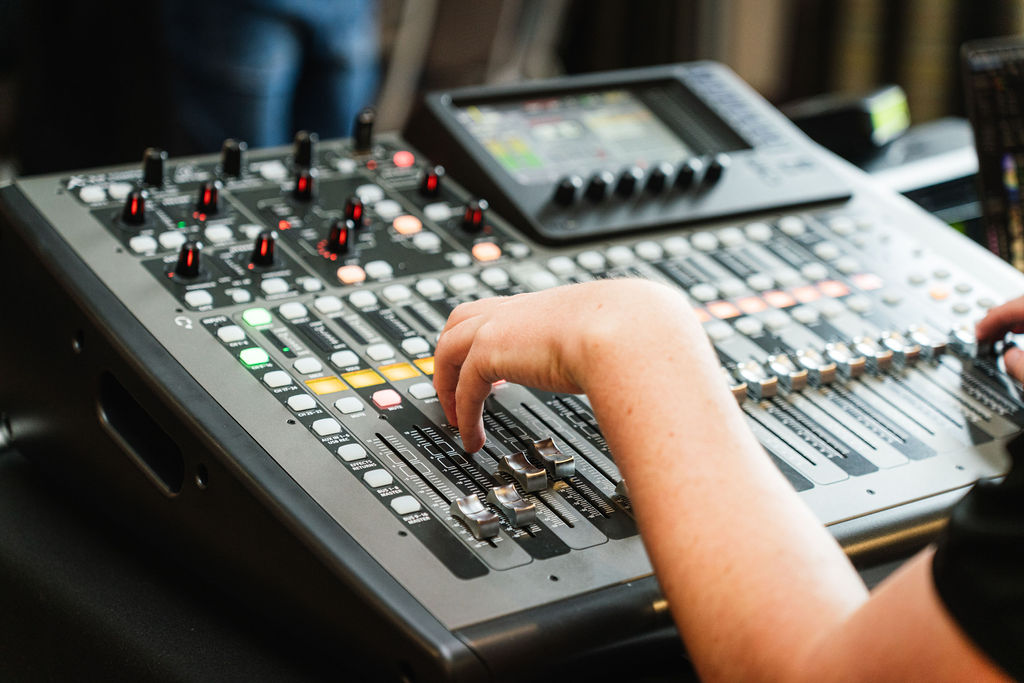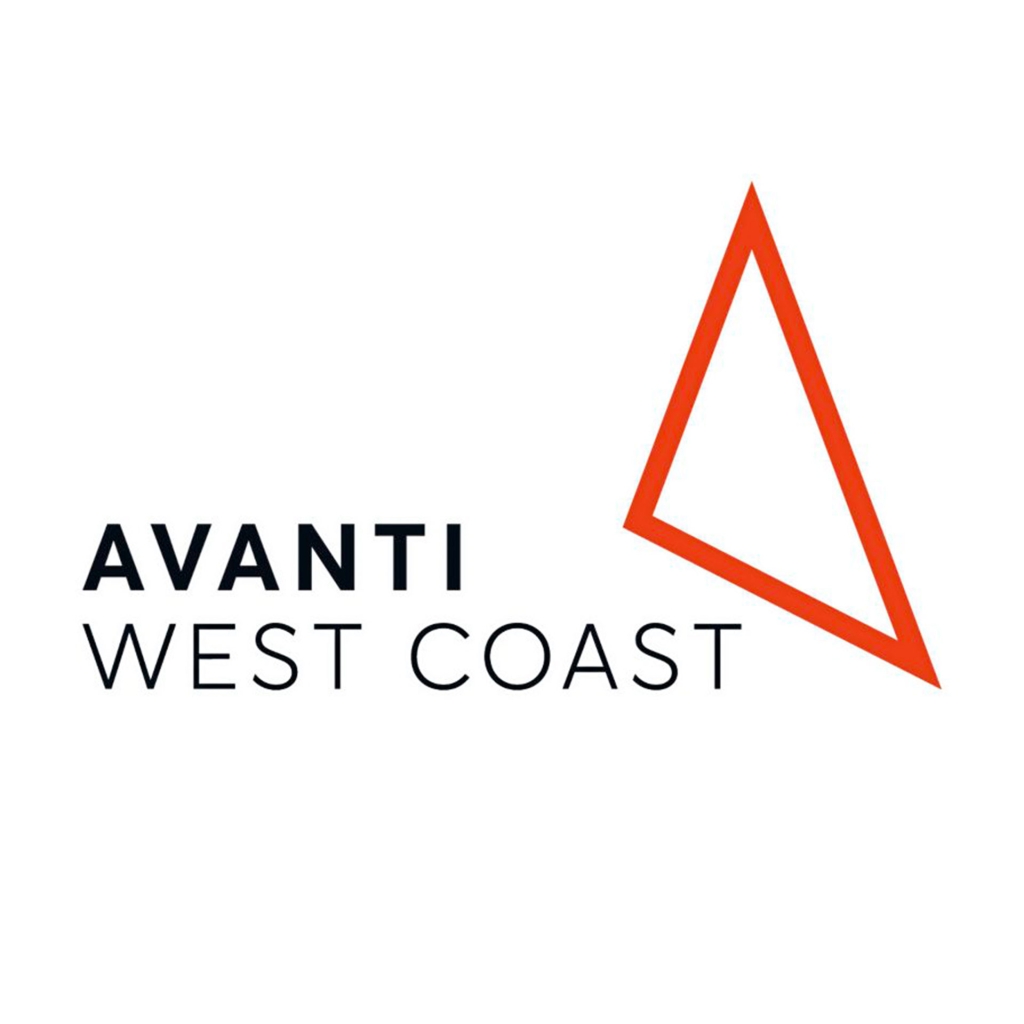Measuring the success of an event can be a complex and multi-faceted process, but it is crucial in determining the return on investment and making improvements for future events. Here are several key metrics that can be used to evaluate the success of an event:
- Attendance: One of the most straightforward ways to measure success is by counting the number of attendees. This metric provides an immediate picture of the event’s popularity and can indicate the level of interest in the event’s theme or subject matter. It can also provide insights into the event’s marketing and promotional efforts.
- Feedback: Gathering feedback from attendees is a valuable way to gauge the success of an event. This can be done through surveys, focus groups, or informal conversations with attendees. Feedback can provide insights into what worked well and what didn’t, helping organisers make improvements for future events.
- Engagement: Measuring engagement can be challenging, but it is an important metric for evaluating the success of an event. Engagement can be measured by tracking the level of interaction and participation among attendees, such as the number of questions asked during a presentation or the level of participation in networking activities.
- ROI: Calculating the return on investment (ROI) is a crucial step in determining the overall success of an event. This can be calculated by comparing the cost of the event to the revenue generated, as well as the value of any partnerships or sponsorships that were formed as a result of the event.
- Social Media: Social media can be a powerful tool for measuring the success of an event. Tracking the number of mentions, likes, shares, and other social media interactions can provide insight into the level of interest and engagement among attendees. It can also be used to gauge the impact of the event on the wider community.
In conclusion, measuring the success of an event requires a combination of metrics and data. By combining attendance, feedback, engagement, ROI, and social media metrics, event organizers can gain a comprehensive understanding of the event’s impact and success. By regularly evaluating events and making improvements based on the data collected, organizers can ensure that each event is a success and continues to bring value to attendees, partners, and sponsors.









 Say hello
Say hello